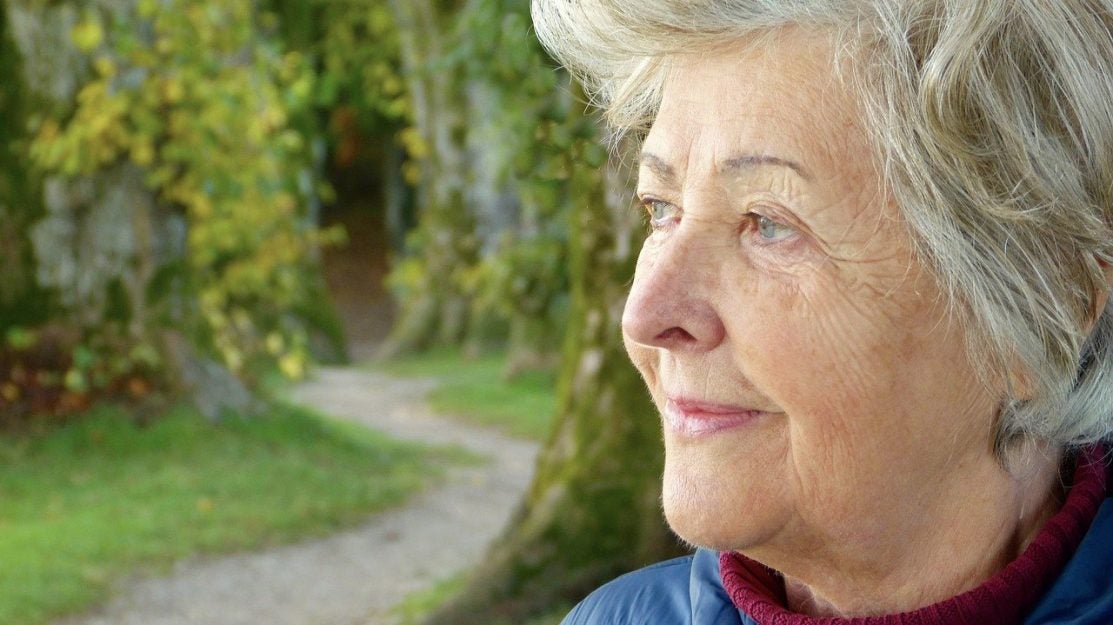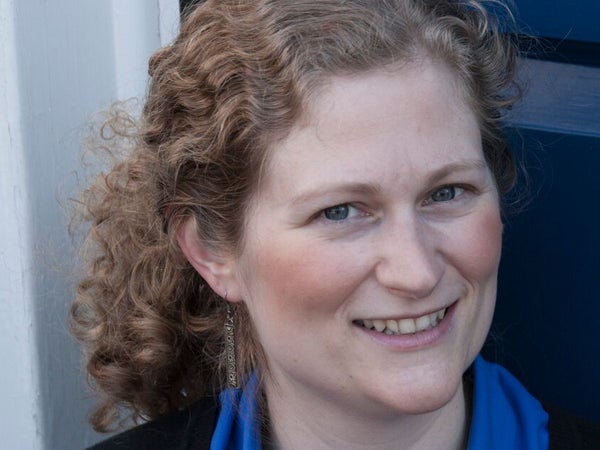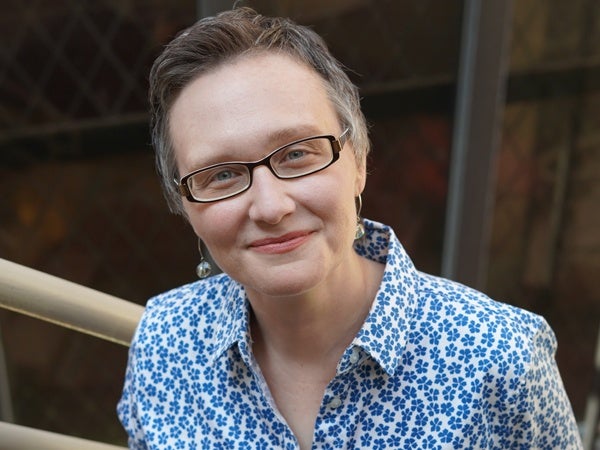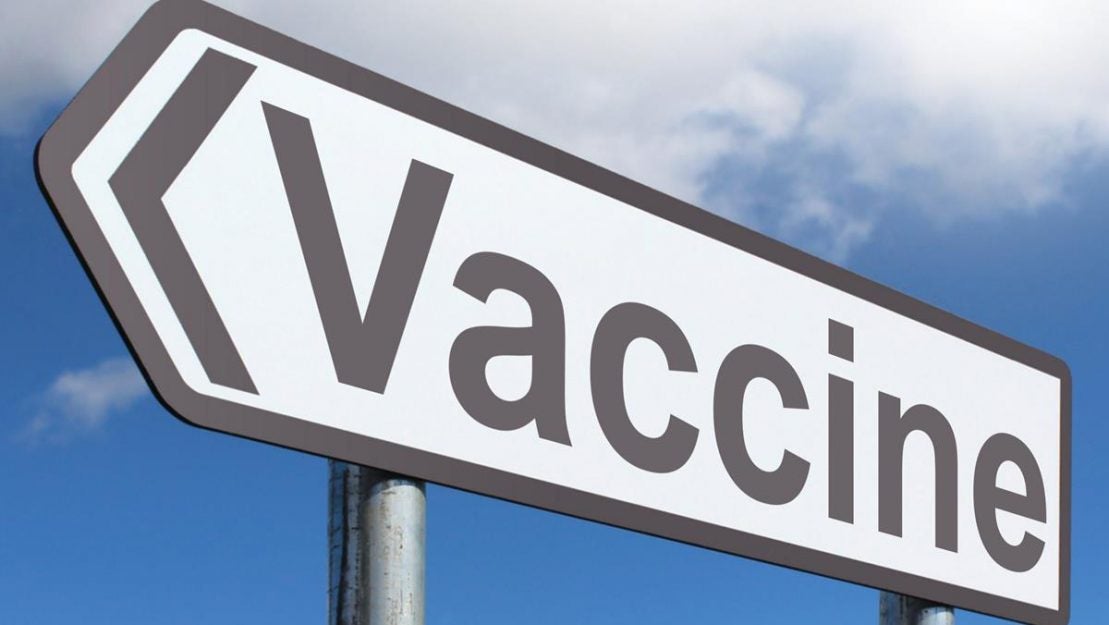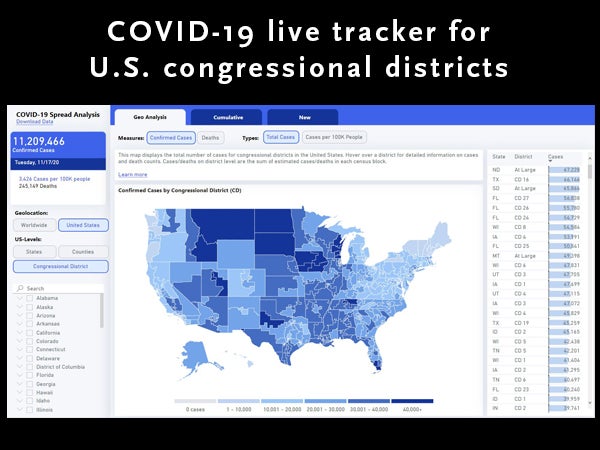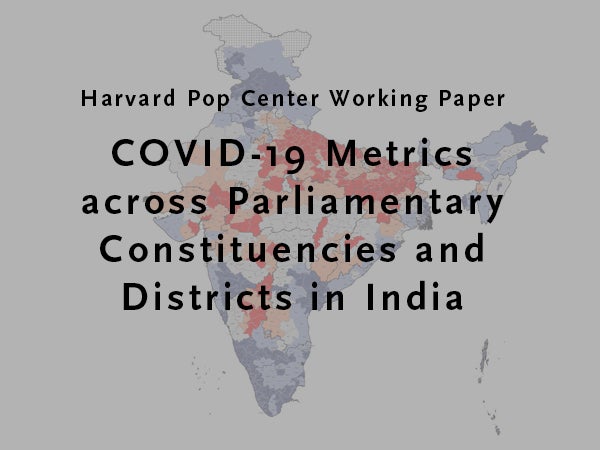Harvard Pop Center faculty member Sara Bleich, a researcher committed to providing evidence to help shape and drive policies aimed at preventing obesity and diet-related diseases, will now serve as part of the Biden-Harris administration. Learn more about her staff appointment with the USDA. Congratulations, Dr. Bleich!
Does alcohol consumption play a role in the spread of HIV among older adults in South Africa?
A study by HAALSI researchers finds that increased and more frequent alcohol consumption among older adults in South Africa is linked with higher levels of sexual risk taking, patterns of behavior that could contribute to the spread of HIV and other sexually transmitted diseases.
Claudia Goldin is first woman to receive Nemmers Prize in Economics
Harvard Pop Center faculty member Claudia Goldin, PhD, has been awarded the 2020 Nemmers Prize in Economics by Northwestern University. Dr. Goldin was selected to receive this prize “for her groundbreaking insights into the history of the American economy, the evolution of gender roles and the interplay of technology, human capital and labor markets.” Congratulations, Professor Goldin!
Synthesizing hope: How to mitigate health disparities after natural disaster strikes
Researchers affiliated with the RISK study have published a study in the journal Health Affairs that summarizes the findings of the 15-year study that followed low-income parents who survived Hurricane Katrina. The lessons learned inform these key priorities: Prevention (improve climate resilience and evacuation planning); uninterrupted health care; less administrative work for survivors; strong community ties; and long-term services for those highly affected. “Our findings can guide policy makers, service…
Today.com reports: “Women who work for pay have slower memory loss as they age”
A study with former postdoctoral fellow Erika Sabbath, ScD, and Harvard Pop Center Director Lisa Berkman, PhD (on sabbatical 2020-2021) among the authors reports that women who worked for pay during early adulthood and later in life (even if they left the workforce to raise children but later returned) have slower rates of memory decline after age 60. Read about the findings in this piece on Today.com.
Is depression a barrier to receiving social support among aging adults in rural South Africa?
A study by researchers affiliated with the population-based study Health and Aging in Africa: A Longitudinal Study of an INDEPTH Community in South Africa (HAALSI), including Harvard Pop Center Research Scientist Elyse Jennings, PhD, finds that those study participants reporting symptoms of depression were less likely to receive some types of social support, and there were differences according to gender and marital status.
Providing a foundation for older American workers to stay in labor force longer
Keeping older Americans in the labor force longer (a financial necessity for many; also good for the economy) may very well depend on improving the quality of their jobs when they are much younger, according to a report authored by Beth Truesdale, PhD, our former Sloan Fellow on Aging and Work, and current research associate. Tune in to this webinar co-sponsored by Brookings Institution and the Kellogg Public-Private Initiative to…
Continue reading “Providing a foundation for older American workers to stay in labor force longer”
Warning against basing equitable COVID-19 vaccine distribution on static county-level social & economic data
A Harvard Pop Center Working paper warns against basing equitable COVID-19 vaccine allocation throughout the U.S. on static county-level social and economic data, as researchers find “enormous” variation (time and region) in the relationship between community characteristics and COVID-19 case and death rates per capita over the last 9 months.
Interdisciplinary research lab release first COVID-19 live tracker for U.S. congressional districts
Researchers at the Harvard Center for Population and Development Studies, Harvard Center for Geographic Analysis at the Institute for Quantitative Social Science, and Microsoft AI for Health have joined forces to create a COVID-19 live tracker that monitors the current status of COVID-19 cases and deaths, as well as the reduction of new cases in U.S. congressional districts. Geographic Insights is an interdisciplinary research lab that is the first to…
Estimating COVID-19 across Parliamentary Constituencies and districts in India could facilitate better, evidence-based policy decisions
This Harvard Pop Center Working Paper presents the first estimates of COVID-19 cumulative cases and deaths per 100,000 population, and the case fatality rate (CFR) from January 7 – October 18, 2020 across 543 geopolitical units (Parliamentary Constituencies) and 721 districts of India.




